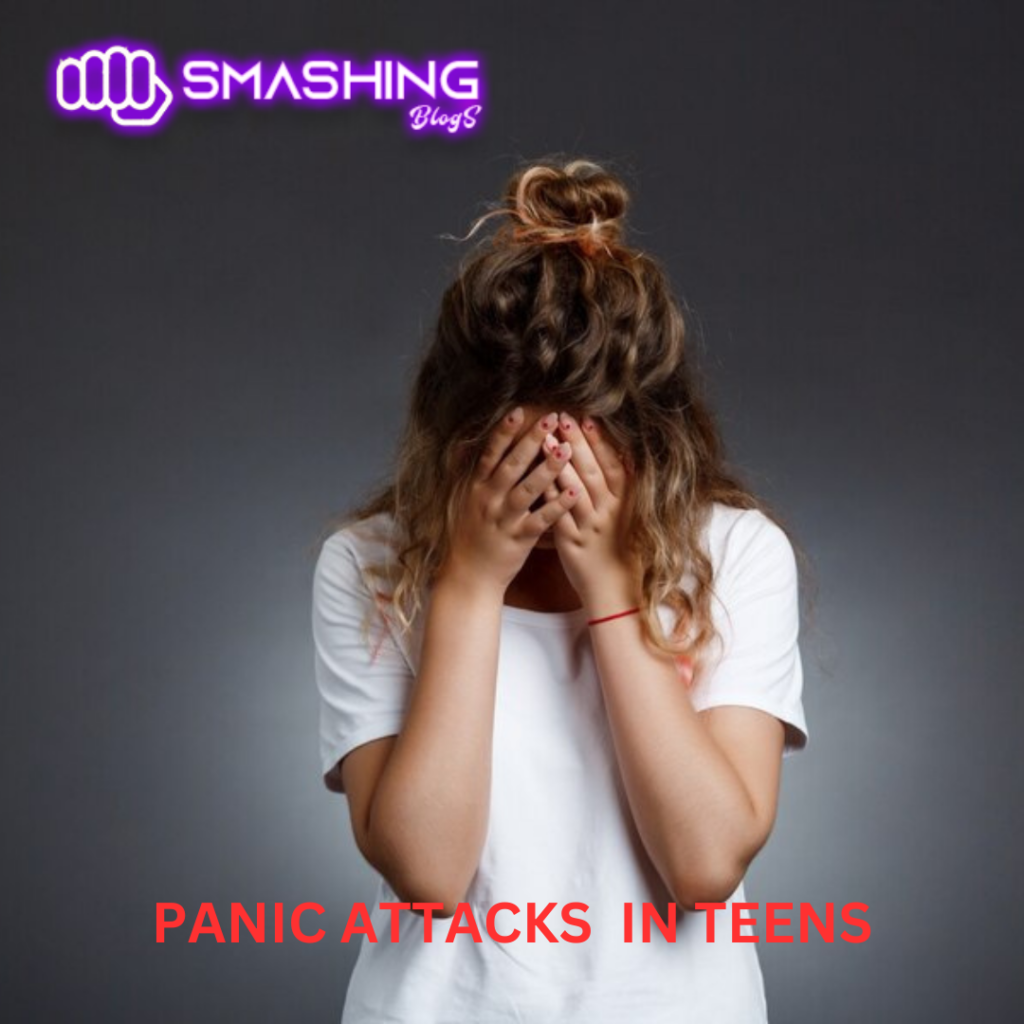Panic attacks are intense episodes of fear or anxiety accompanied by various physical and emotional symptoms. While they can affect individuals of all ages, teenagers often find themselves particularly vulnerable to these overwhelming experiences. In this blog post, we will explore the reasons behind panic attacks in teenagers, focusing on the emotional turmoil associated with love failures.
1. Adolescent Development and Emotional Vulnerability
Teenagers are in the midst of a complex phase of emotional and psychological development. IIn the adolescent phase, significant transformations occur in the brain, marked by the maturation of the prefrontal cortex, a region crucial for decision-making and emotional regulation. This developmental stage renders teenagers more susceptible to intensified emotional reactions, increasing their vulnerability to anxiety and the onset of panic attacks
2. Peer Relationships and Social Pressures
Love and relationships play a pivotal role in the teenage experience. Adolescents often place great importance on social connections, and the fear of rejection or the pain of a breakup can trigger overwhelming emotions. Peer pressure, societal expectations, and the desire for acceptance contribute to the emotional intensity experienced by teenagers, paving the way for panic attacks.
3. Hormonal Changes and Biological Factors
The teenage years are marked by significant hormonal fluctuations, which can impact mood and emotional stability. cortisol and adrenaline, which are the hormones created due to stress, can contribute to the fight-or-flight response, a key element in panic attacks. Biological factors, combined with emotional turbulence, create a potent environment for the manifestation of anxiety disorders.
4. Unrealistic Expectations and Fear of Failure
Teenagers often grapple with the pressure to conform to societal expectations, including ideals of romantic relationships. The fear of failure in love or not meeting these expectations can be overwhelming.
5. Lack of Coping Mechanisms
While adults may have developed coping mechanisms to deal with stress and anxiety, teenagers are still honing these skills. The absence of effective coping strategies can exacerbate the impact of love-related stressors, making teenagers more susceptible to panic attacks. Education on healthy coping mechanisms and emotional resilience is crucial in helping adolescents navigate these challenging emotions.
6. Social Media and Comparisons
In the digital age, teenagers are constantly exposed to curated versions of others’ lives through social media. The pressure to measure up to idealized relationships showcased online can contribute to feelings of inadequacy and self-doubt. Constant comparisons may lead to heightened anxiety, creating a breeding ground for panic attacks.
How To Prevent Panic Attacks
Navigating love and relationships during adolescence is a challenging journey, and panic attacks can be an unfortunate companion. Understanding the reasons behind these intense episodes is crucial in providing support and guidance to teenagers facing emotional turmoil. Encouraging open communication, promoting healthy coping mechanisms, and fostering resilience are essential steps in helping teenagers build the emotional tools needed to navigate the complexities of love and loss.
In conclusion, by acknowledging the unique challenges teenagers face and offering a supportive environment, we can empower the younger generation to confront and manage their emotions, reducing the prevalence and impact of panic attacks during this critical phase of development.


